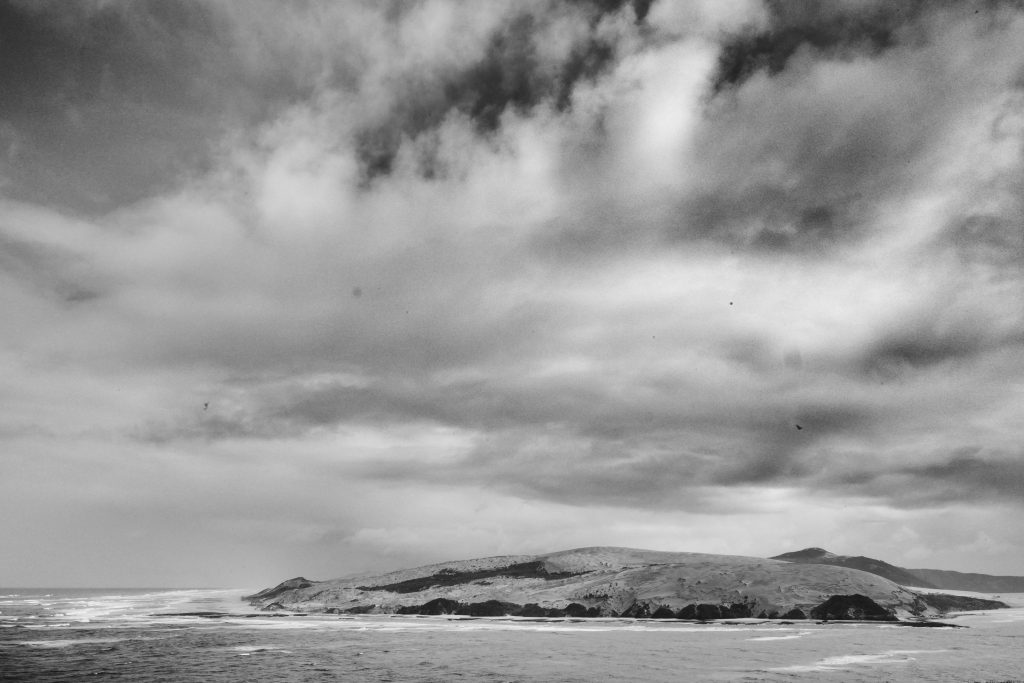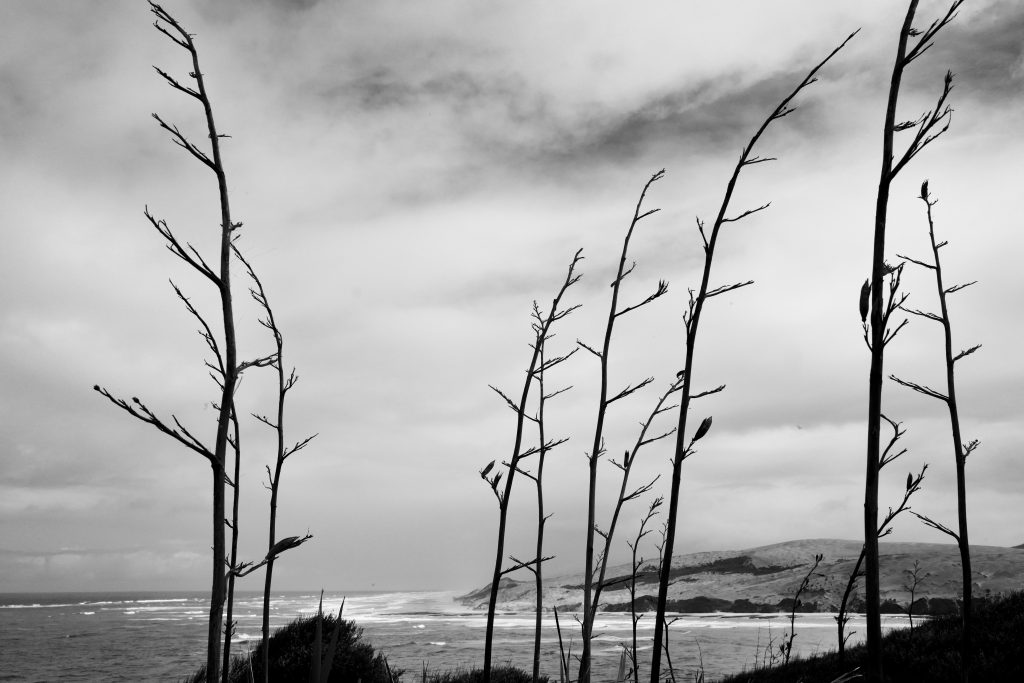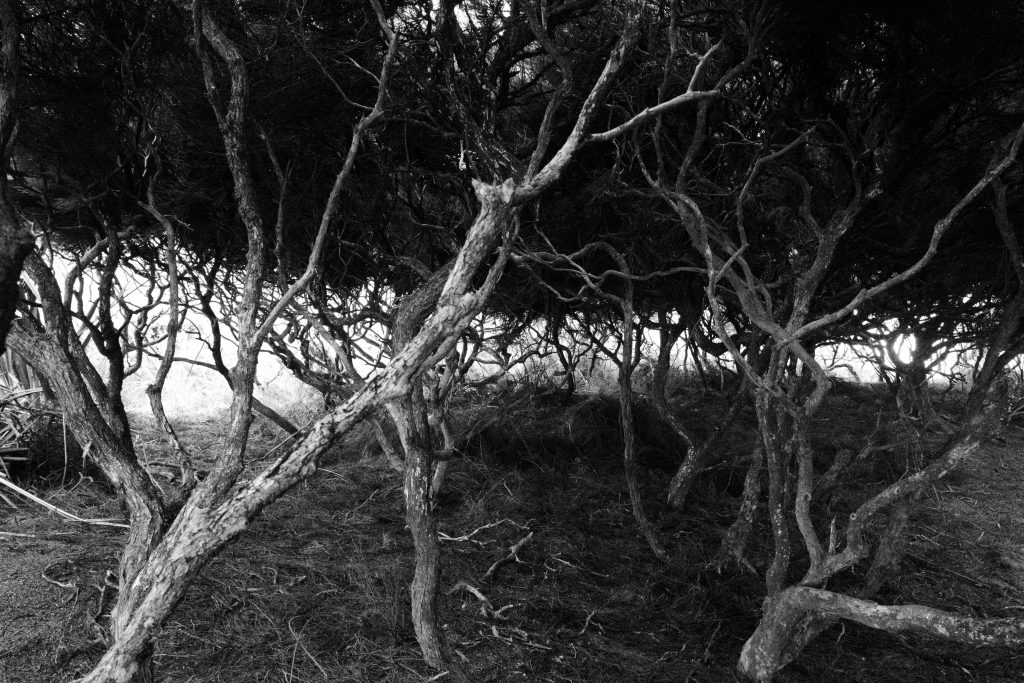Some more thoughts on the Open Publishing Awards. So…. one thing I had a lot of feedback on was the feel of the awards night. I don’t think anyone knew what to expect, and we certainly didn’t know how many people might even turn up.
But y’know… somehow it all worked out. It was one of those weird things where there is a lot of intentional design and then a few bits that you aren’t sure about just sorta fall into place. … so..just to comment on serendipity. Its been a while since I have loosened my grip on the wheel so that the universe can play its natural role… in particular, I didn’t know how many nominations we would get. I thought 40 maybe less. My colleague Alison and I had prepared to make 15 or so nominations each if we had to, so we could guarantee at least 30! But as it happened we didn’t need to. We quickly got 70 or more with weeks to go.
The same with the night – I kinda expected 50 people. It was in the same hotel as the Force2019 workshops that same day and so I thought we would probably get some of those folks. John Chodacki thought maybe 50-100. Anyways… we had a lot of help promoting it, especially from the lovely people at Force (they really are a nice crew) but I still didn’t have any idea how many would turn up.
That makes it tricky when trying to guess what kind of room we needed. We actually had the bar booked, which is in a sort of ‘H’ shape, not best for announcing stuff. So John C and I talked abit about it trying to work it out the day before the event. Then the hotels events organiser met us and from nowhere offered the room next to the at no cost because it wasn’t being used…. crazy… we looked at it and it was a beautiful old skool ballroom. We accepted their very generousness offer and then they also offered to provide a projector and tables! They set all the tables up and whataya know… it looked like an awards setting with just enough informality to make it comfy and nice, and just enough formality to make it feel real… more to the point… when everyone turned up (Im guessing around 140 people) it was almost exactly the right size room….crazy…we couldn’t have planned it better and the fact we hadn’t worked it all out meant this could happen. Big love to serendipity.
The universe is a strange thing sometimes. You don’t have a room, a room turns up. No one sitting in a chair next you, someone amazing turns up…y’know the sorta thing.
Anyways… it was cool. Always good to keep the door open to the universe.
Back to awards and community.
I am not a fan of big awards nights. Formality and stuff. I also don’t like the notion of winners in a context where community and peers are important ideas. So the tone of the awards, the run up to it and the night, were intentionally designed to be its own thing. Have its own feel good tone. I wrote some notes about it in another post a few days ago but it deserves a little more explanation.
I truly believe implicit legacy thinking is one of the hardest things to deconstruct. Its hard to even know you are thinking in a framework that was given to you. Its hard to know which bits are valuable. its hard to know what to throw out. Its hard even to see the darn thing, to name it, to allow yourself to formalise it was a model so you can start pulling it apart.
So I gave myself permission to bring my peripheral nags about awards into focus and start a little light tweaking.
In the case of the awards, I knew this should not be a formal night. I didn’t like this because I didn’t like the competitiveness awards place within a community. I also didn’t like the distance between the community and the god-like judges that come down to anoint certain projects/people in a final judgement.
That is why we did not pick winners, or even use the language ‘winners’. We did use the term judges, which i thought about a lot but couldn’t work out the right language to replace it. If anyone has any ideas please ping me. Sometimes, however, even though legacy terms are loaded it does help to use them just to help the people you are carrying with you through to the next post. I think ‘judges’ might be such a legacy-helper. A semantic tool to help bridge between the then and now. You can’t, afterall, replace all the language else you leave your folks in a semantically disorientating space. They have no map.
Anyways… so there are a few things that I designed into the event intentionally that are subtle but I’m proud of. First, I insisted that we didn’t have a stage. The announcements came from the judges who were standing on the floor. The same floor as everyone else was standing/sitting on. This puts the judges on the same level, literally and metaphorically, as the ‘audience’ (another term I don’t like). That helps the awards ‘come from us’ as a community. Also, no podium. No physical barrier between the judges and the audience. Second, while the judges were free to do what they liked I placed two ideas on the table that I am glad came through – we awarded many awards, avoiding the notion of winners but also connected to this the awards were framed as not about competition but about celebration. This is super important and I am glad the idea won through.
So, I think we have something of a model to take forward. Lets see how much sticks as it evolves. Things like this, IMHO, can easily discard these nuances as they grow and become more successful. I’m pretty confident these awards will grow, the challenge is to keep its soul.
Lets see how we go. In any rate, I’m very proud this worked out as it did. It was due to the collaboration of a bunch of very cool folks, folks that themselves had a lot of soul to bring to the idea 🙂 I feel very lucky to know such folks and humbled they were up for it.







